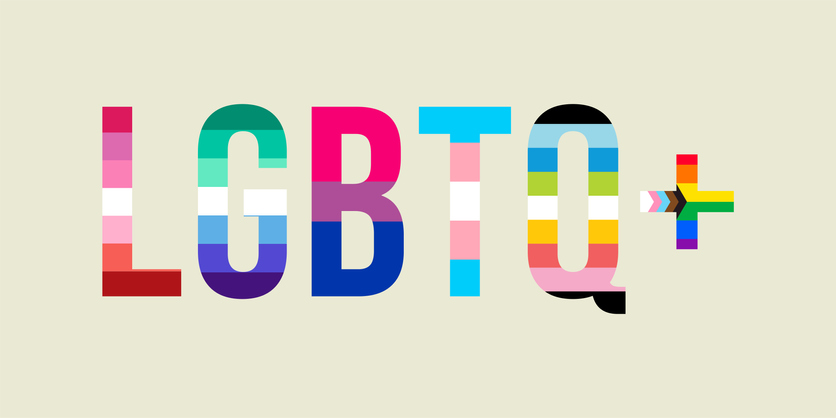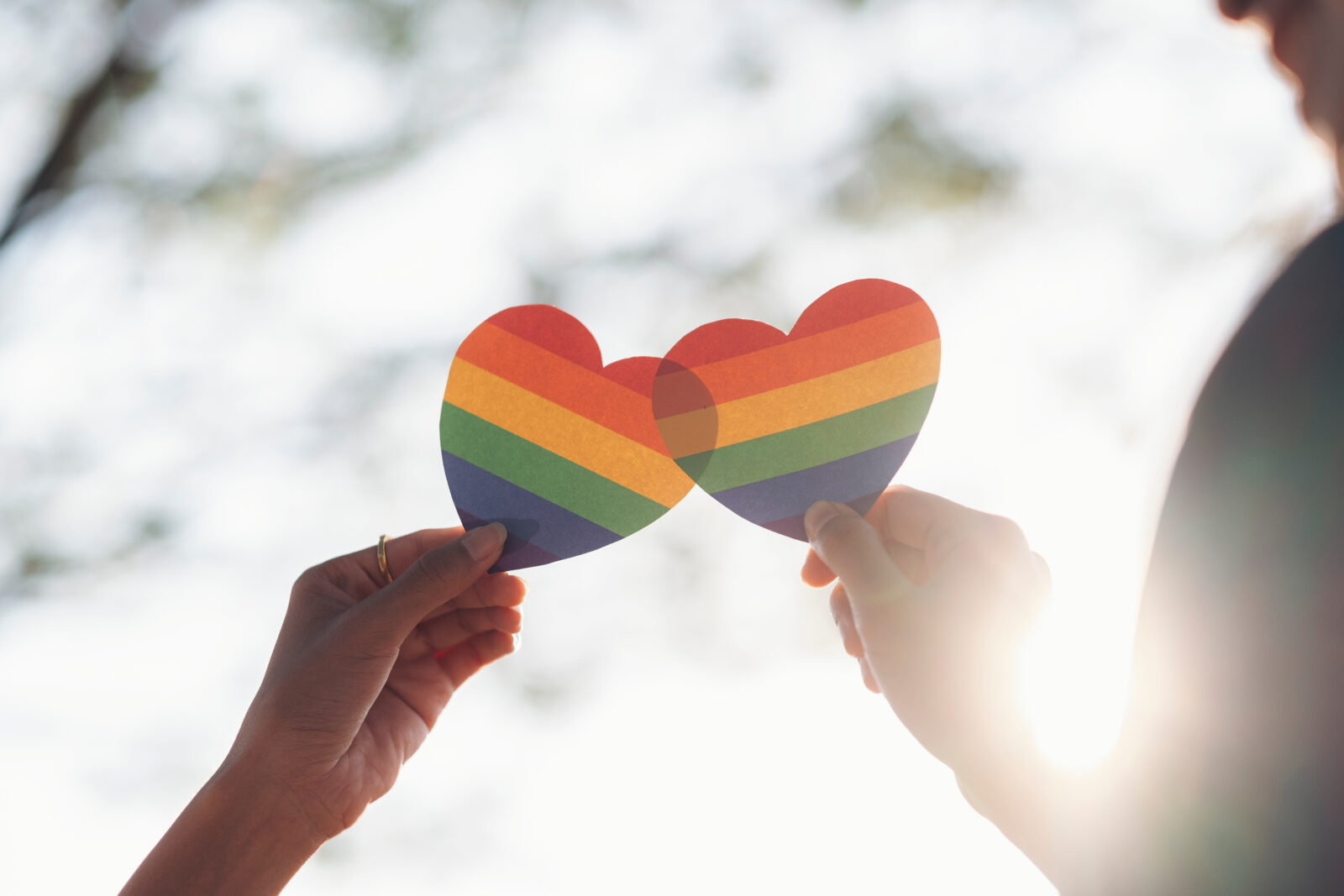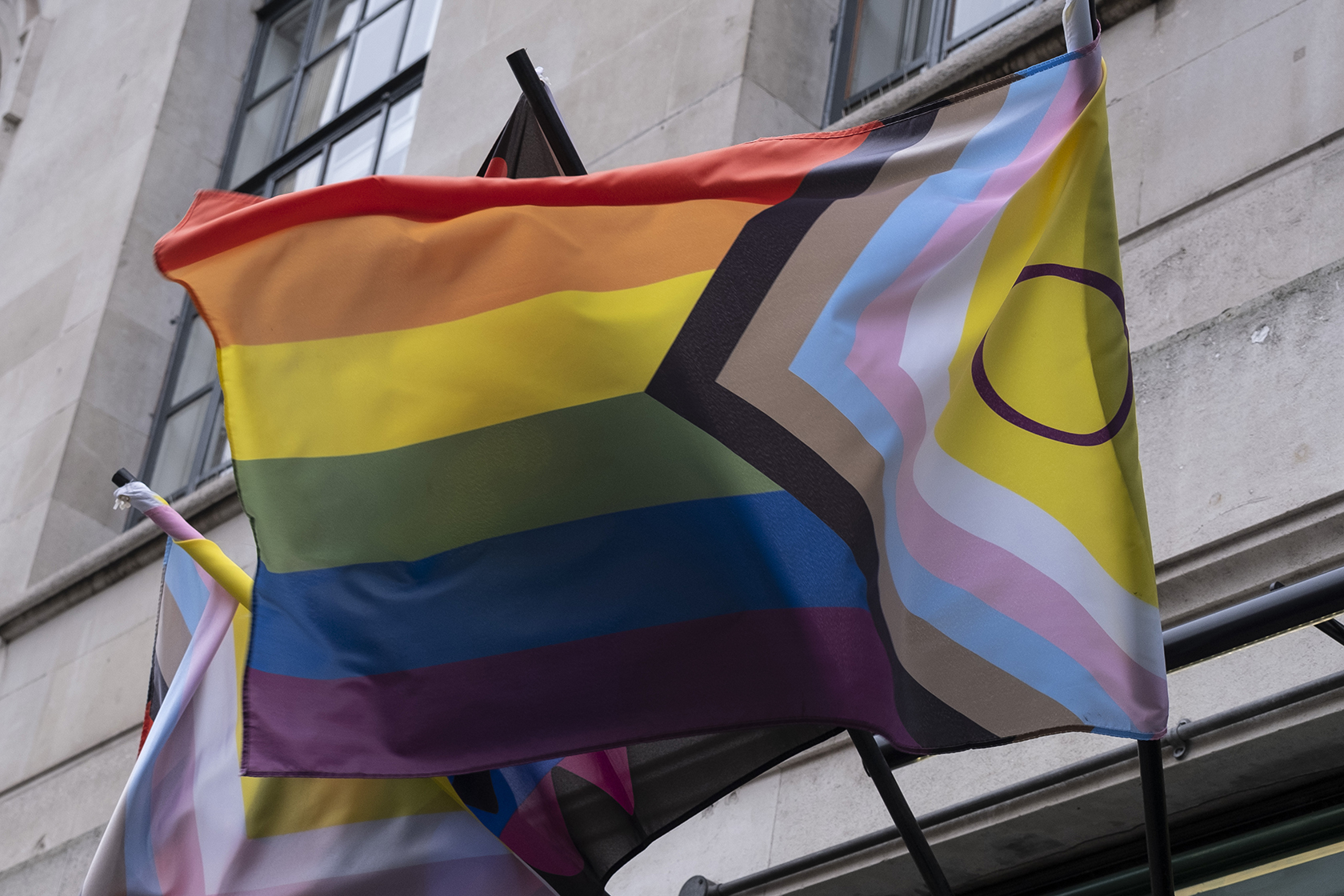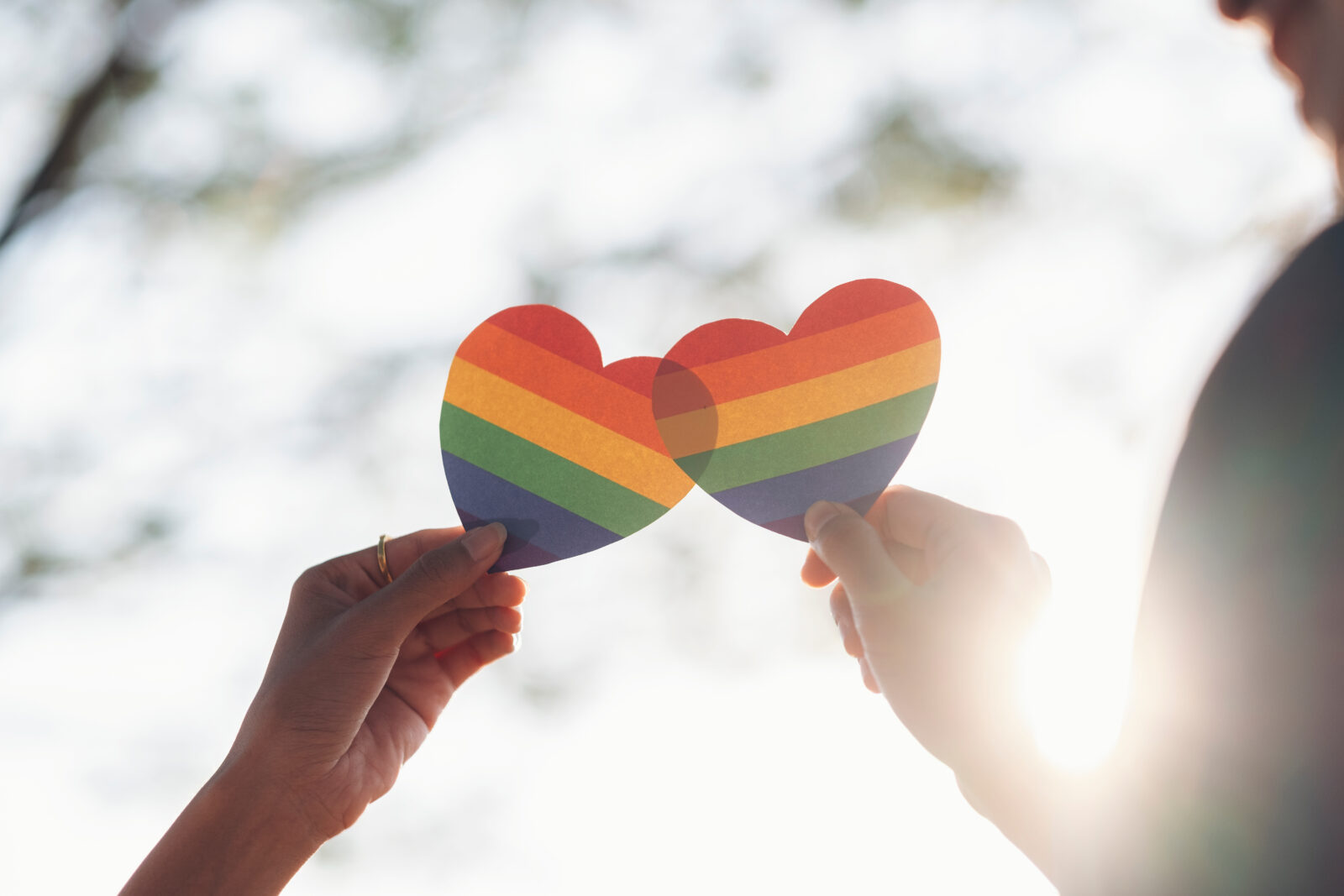
Understanding LGBTQ+ Dating Challenges
Definition of LGBTQ+ Dating
LGBTQ+ dating refers to romantic and sexual relationships involving individuals who identify as Lesbian, Gay, Bisexual, Transgender, Queer, or others within the diverse spectrum of sexual orientations and gender identities. It encompasses a wide array of experiences, from casual dating and hook-ups to serious long-term relationships.
Overview of Unique Challenges for LGBTQ+ Individuals
LGBTQ+ individuals often face a distinct set of challenges in the dating landscape, which can impact their experiences significantly. These challenges can include:
- Social Stigma: Prejudice and discrimination can make dating feel unsafe or complicated.
- Fear of Rejection: Concerns about being judged based on one’s identity can inhibit honest communication.
- Limited Community Spaces: Access to supportive environments for dating can be scarce in some areas.
For instance, many might share stories of navigating unwelcoming spaces that make the pursuit of love a daunting task. Understanding these challenges is crucial for fostering empathy and creating supportive dating environments.

Social Stigma and Discrimination in LGBTQ+ Dating
Impact of Stigma on Dating Opportunities
The presence of social stigma surrounding LGBTQ+ identities profoundly affects dating opportunities. Many individuals encounter negative stereotypes that shape perceptions and behavior in romantic contexts. This can lead to:
- Limited Willingness to Date: Individuals may feel deterred from pursuing relationships due to fear of judgment or backlash.
- Exclusion from Social Circles: Discrimination can isolate LGBTQ+ people from inclusive dating environments, making connections harder to find.
- Increased Anxiety: The pressure to conform to societal norms often breeds anxiety, complicating genuine interactions.
For example, Jamie, a bisexual woman, shared her experience of feeling invisible in certain dating apps where she faced dismissive comments after revealing her identity.
Coping Strategies for Dealing with Discrimination
To navigate the complexities of dating amidst discrimination, LGBTQ+ individuals can adopt various coping strategies:
- Seek Support: Engaging with LGBTQ+ friends or communities can provide comfort and encouragement.
- Educate Others: Sharing experiences and educating potential partners can help reduce ignorance.
- Practice Self-Acceptance: Embracing one’s identity promotes confidence and resilience in the face of adversity.
By implementing these strategies, individuals can create more positive dating experiences that empower their identities.

Family and Community Acceptance
Influence of Family Acceptance on Relationships
Family acceptance plays a crucial role in the dating experiences of LGBTQ+ individuals. Support from family members can significantly enhance self-esteem and relationship stability. When families embrace their LGBTQ+ loved ones, it leads to:
- Emotional Security: Individuals often feel more empowered to express themselves and pursue healthy relationships.
- Reduced Anxiety: Acceptance at home can alleviate worries about judgment in their social lives.
- Strengthened Bonds: Positive family dynamics can foster understanding and open communication with partners.
For instance, Alex, a transgender man, shared how his parents’ acceptance strengthened his confidence in dating, transforming his relationships into supportive partnerships.
Building Supportive LGBTQ+ Communities
Creating inclusive communities is essential for fostering acceptance. Strong LGBTQ+ communities can provide:
- Safe Spaces: Environments where individuals feel free to express their identities.
- Shared Experiences: Opportunities for connection through shared challenges, uplifting one another.
- Resources and Support: Access to information on dating and mental health.
Participating in community events, such as pride parades or LGBTQ+ networking groups, can help forge these crucial connections and promote acceptance both within families and the broader society.

Online Dating and Safety Concerns
Risks and Safety Precautions in Online LGBTQ+ Dating
While online dating can open doors for LGBTQ+ individuals, it also presents unique safety concerns. Users often face risks such as:
- Catfishing: Misrepresentations may lead to harmful interactions or heartbreak.
- Harassment: LGBTQ+ individuals can be targeted by hostile users, leading to uncomfortable encounters.
- Privacy Issues: Sharing personal information can make individuals vulnerable to stalking or unwanted attention.
To stay safe, consider these precautions:
- Verify Profiles: Research potential matches through social media before meeting.
- Keep Conversations in the App: Avoid sharing personal contact information early on.
- Meet in Public Places: Always choose safe environments for in-person meetings.
Benefits of LGBTQ+-Friendly Dating Apps
LGBTQ+-friendly dating apps offer a refuge from these concerns. They provide:
- Inclusive Spaces: Designed specifically for LGBTQ+ users, fostering more genuine connections.
- Community Support: Often include features like forums and resources tailored for LGBTQ+ individuals.
- Safety Features: Many apps incorporate options for reporting harassment and blocking users with ease.
For many, these apps provide a vital support network, making online dating a more positive and secure experience.

Intersectionality in LGBTQ+ Dating
Challenges Faced by LGBTQ+ Individuals of Color
LGBTQ+ individuals of color often experience overlapping challenges stemming from both their sexual orientation and racial identity. This intersectionality can amplify difficulties in dating, such as:
- Racism and Discrimination: Encountering prejudice not only as LGBTQ+ individuals but also as people of color in dating spaces.
- Cultural Expectations: Balancing traditional cultural norms with their identity may create tension in relationships.
- Limited Representation: Seeing few relatable representations in media and dating platforms can make finding connections more challenging.
For example, Mia, a queer Black woman, often feels the pressure to conform to both societal beauty standards and cultural expectations in her dating life.
Navigating Multiple Identities in Dating
Navigating multiple identities can be complex but rewarding. It requires:
- Self-Awareness: Understanding how one’s diverse identities inform their dating preferences and boundaries.
- Open Communication: Being upfront about heritage and experiences to foster deeper connections.
- Finding Allies: Seeking partners who appreciate and respect the complexities of intersectionality.
By acknowledging the interplay of different identities, LGBTQ+ individuals can cultivate meaningful relationships that honor their multidimensional selves.
00312-2/asset/edd5f715-7474-41e5-99ed-49401219c42d/main.assets/gr1_lrg.jpg)
Mental Health and Self-Care in LGBTQ+ Dating
Importance of Mental Health Support
Mental health support is essential for LGBTQ+ individuals navigating the complexities of dating. The unique challenges they face, including societal stigma and discrimination, can significantly impact emotional well-being. Access to mental health resources offers benefits such as:
- Safe Spaces to Express Feelings: Talking to a therapist can help validate experiences and promote healing.
- Coping Strategies: Professionals can provide tools to manage anxiety and depression related to dating.
- Community Connection: Support groups create a sense of belonging among those facing similar struggles.
For instance, Sam found therapy invaluable in understanding his feelings about dating and self-acceptance.
Self-Care Practices for LGBTQ+ Individuals
In addition to seeking professional support, LGBTQ+ individuals can prioritize self-care through various practices:
- Mindfulness and Meditation: These can help cultivate inner peace and reduce stress.
- Physical Activity: Regular exercise not only boosts physical health but also enhances mental well-being.
- Creating Boundaries: Establishing healthy emotional limits in relationships protects mental health.
By practicing self-care, LGBTQ+ individuals can foster resilience, nurturing their mental well-being as they explore the dating landscape.

Communication and Boundaries in LGBTQ+ Relationships
Effective Communication Strategies
Strong communication is vital in any relationship, especially within LGBTQ+ partnerships where navigating diverse identities can be complex. Employing effective communication strategies can enhance understanding and connection:
- Active Listening: Show genuine interest in your partner’s feelings and opinions, fostering a supportive dialogue.
- Openly Discuss Identities: Share personal experiences related to identity and how they impact the relationship, creating empathy.
- Expressing Emotions: Regularly convey feelings, whether positive or negative, to maintain transparency.
For example, when Jake openly discussed his struggles with acceptance as a queer man, it strengthened his bond with his partner.
Setting Healthy Boundaries in LGBTQ+ Relationships
Establishing boundaries is foundational for respectful relationships. Healthy boundaries can involve:
- Personal Space: Respecting each other’s need for alone time and independence.
- Emotional Limits: Understanding what topics are comfortable or off-limits to avoid unintended hurt.
- Social Boundaries: Discussing preferred social interactions, ensuring both partners feel secure in public and private settings.
By creating a balance of clear communication and well-defined boundaries, LGBTQ+ couples can nurture deeper and more fulfilling relationships.
